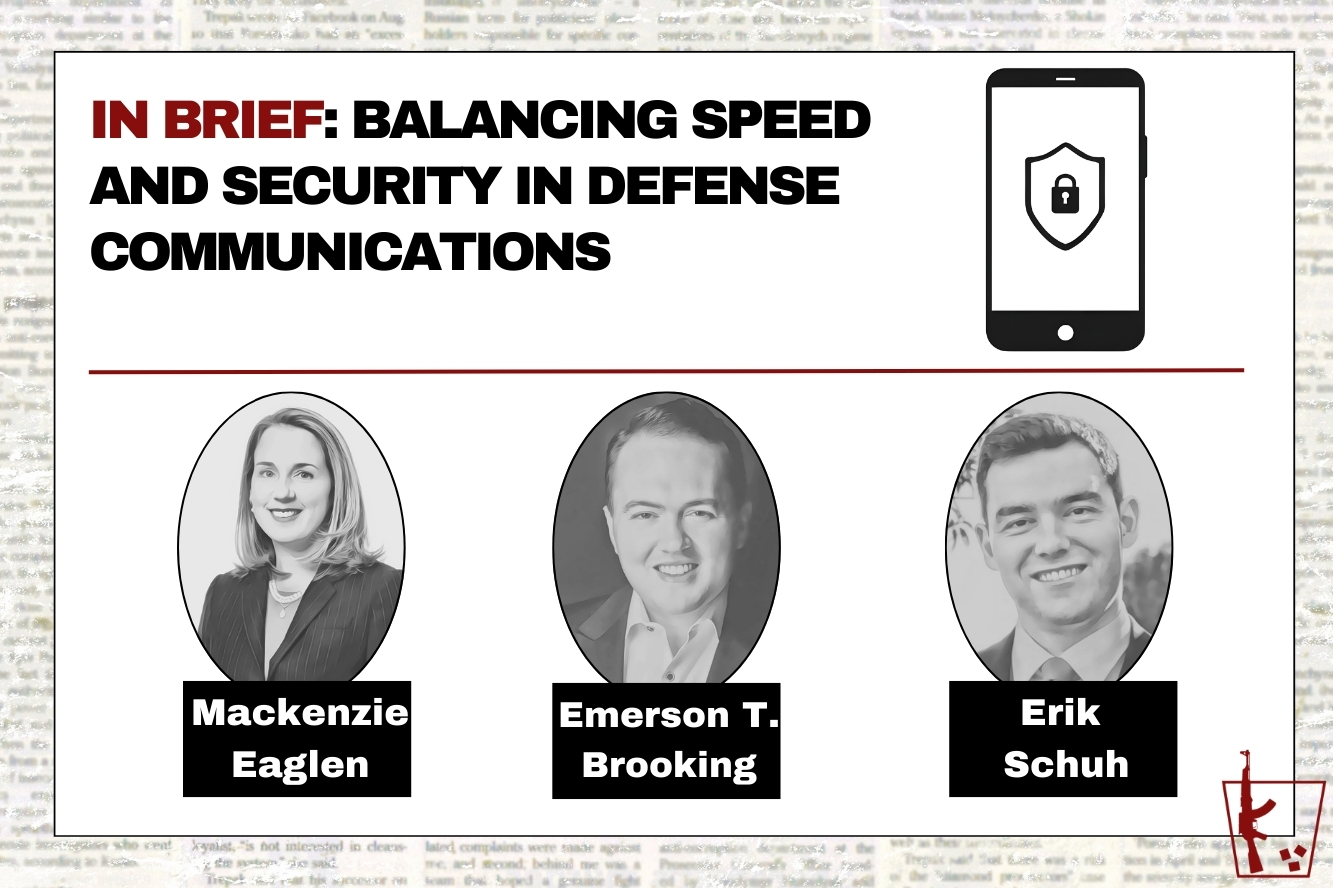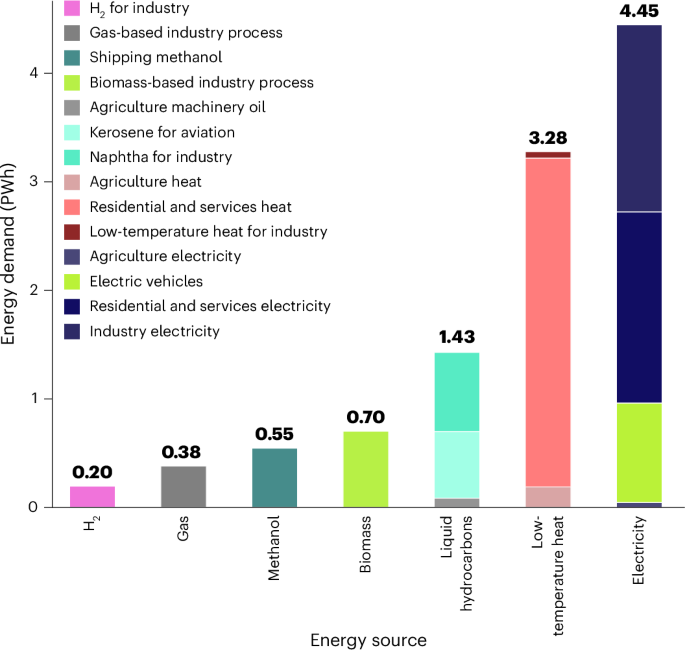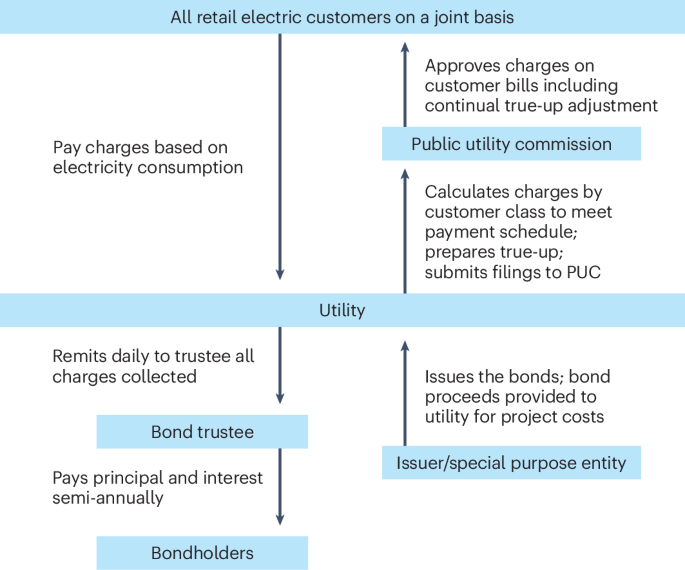Fair Is Fair: Reforming Fairness Review
Much time and energy is being devoted to determining how corporate decision-making can be structured to avoid fairness review. Comparatively little attention is paid to precisely what it means to subject a contract or transaction to fairness review, or to the purpose that fairness review is supposed to serve. Here I advance the argument that […]

Jonathan Macey is Sam Harris Professor of Corporate Law, Corporate Finance and Securities Law at Yale Law School and Professor in the Yale School of Management. This post is based on his recent paper, and is part of the Delaware law series; links to other posts in the series are available here.
Much time and energy is being devoted to determining how corporate decision-making can be structured to avoid fairness review. Comparatively little attention is paid to precisely what it means to subject a contract or transaction to fairness review, or to the purpose that fairness review is supposed to serve.
Here I advance the argument that the purpose of fairness review in corporate law should be to determine whether a proposed transaction or contract is beneficial or harmful to minority or non-controlling shareholders. While this point does (and should) seem obvious, oddly this is not the role currently played by fairness review in Delaware corporate law. Rather, the role currently played by fairness review is to regulate board composition and the procedures employed by boards of directors in making decisions that subsequently become the subject of fairness review by judges.
While it is important to pay attention to board composition and board process, it is far from clear that fairness review is the proper context for doing so because transactions that provide significant benefits for minority and non-controlling shareholders should not be nullified by judges in order to disciple corporations for real or perceived corporate governance failures. The recent, highly unfortunate outcomes in the Delaware Court of Chancery in the legal challenges to Elon Musk’s compensation in the Tornetta v. Musk cases are examples of the problem at hand. Supposed that one simply assumes, for the sake of argument, that the Musk compensation package being challenged by plaintiffs was approved in a flawed process. Despite any such alleged flaws, the compensation arrangement was overwhelmingly favored and approved by Tesla’s independent (non-Musk affiliated) shareholders. Nullifying this arrangement does not change Tesla’s corporate governance. Nor does it punish the directors and others who were responsible for the supposedly flawed process. As such, nullifying the compensation package on fairness grounds not only makes zero sense; it punishes the ostensible victims, the minority shareholders who wanted the comp package to be respected.









































































































































































